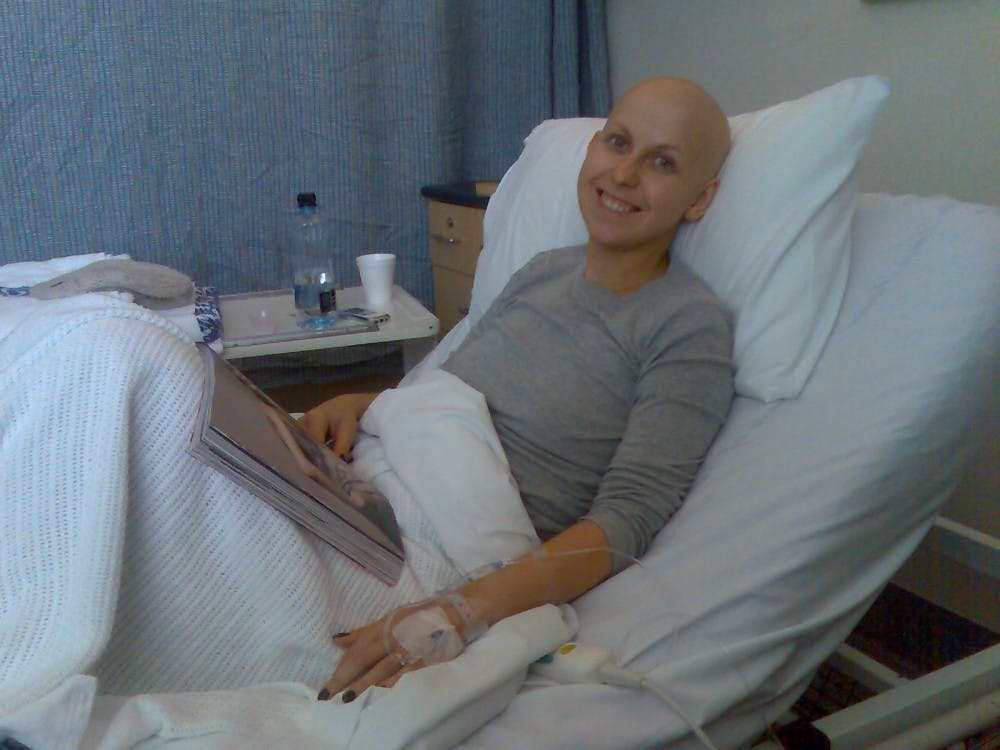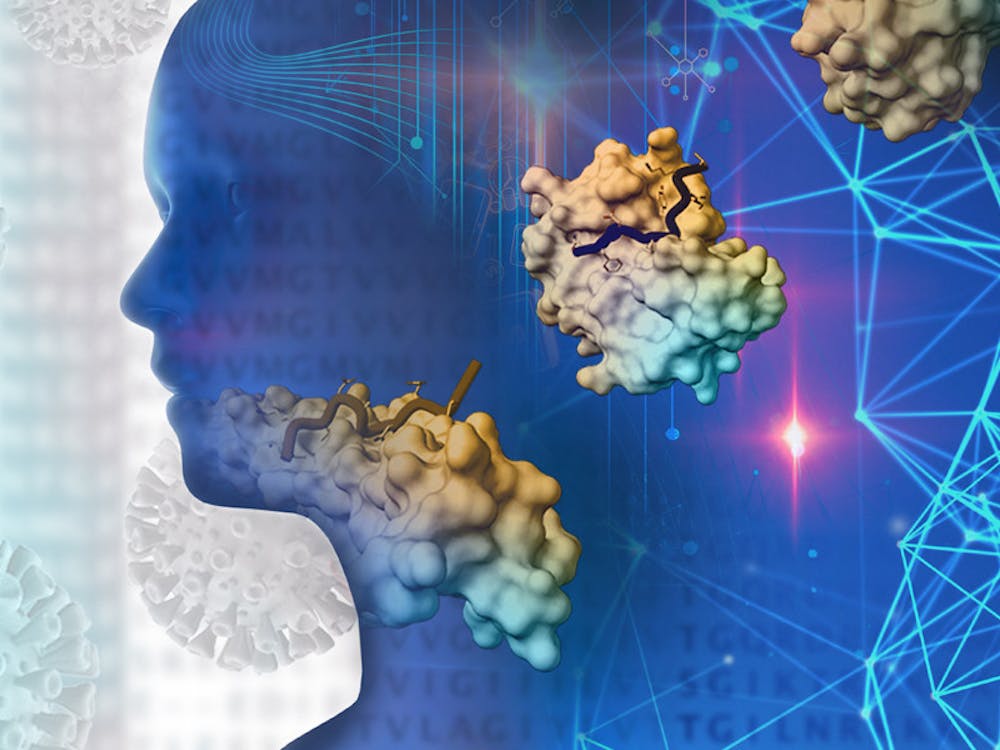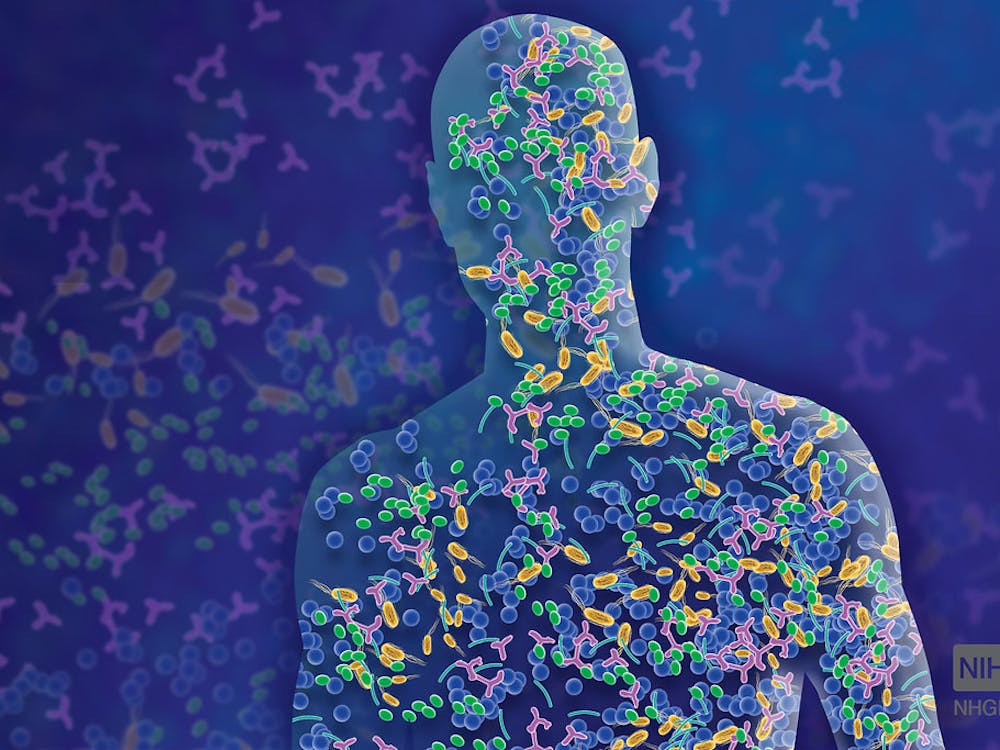Prostate cancer is the most commonly diagnosed non-skin-related cancer in men and the second leading cause of cancer deaths in American men. With the largest risk factor being age, all men have the risk of developing prostate cancer during their lifetime.
Prostate cancer, like most other forms of cancer, is easier to treat when it is diagnosed in its early stages. The most common type of prostate cancer, adenocarcinoma, can most of the time be treated by hormone deprivation therapy that specifically target androgens.
As an androgen-dependent gland, the prostate relies on androgens — a male sex hormone — to stimulate the growth of prostate cancer cells. By cutting off the supply of androgens to the cancer cells, it becomes possible to maintain or decrease the size of the prostate tumor.
However, in some cases, the cancer can become resistant to androgen-deprivation therapy (ADT). As a result, the cancer may begin to recur and potentially metastasize to distant organs.
Scientists at Cedars-Sinai Medical Center in Los Angeles predict that resistance to ADT arises due to cell transdifferentiation, which is when a cell transforms into another type of cell.
When adenocarcinoma cells become neuroendocrine cancer-type cells — a rare and more aggressive form of prostate cancer — not only are the cells androgen-independent, but they also tend to metastasize and move to different areas of the body more readily.
Neil Bhowmick, co-director of the Cancer Biology Program at the Samuel Oschin Comprehensive Cancer Institute at Cedars-Sinai, said that despite receiving androgen-targeted therapy, one-fourth of patients may relapse with neuroendocrine prostate cancer while also developing resistance to treatment, according to ScienceDaily.
The investigators in the Bhowmick lab examined the tumor microenvironment (the interaction between tumor cells and non-cancerous cells) in mice in order to determine how hormone-deprivation therapy could lead to cell transformation.
Published in the Journal of Clinical Investigation, the team’s results indicated that there was an increase in the level of the amino acid glutamine in the prostate cancer microenvironment.
The raised glutamine level provided the energy necessary for the adenocarcinoma cells to transform to neuroendocrine prostate cancer cells.
“While glutamine is known to spur cancer growth, its role in prostate cancer cells to trigger reprogramming of adenocarcinoma cells into neuroendocrine cancer cells is a new and important finding,” said Roberta Gottlieb, professor of Medicine in the Department of Biomedical Sciences at Cedars-Sinai, according to ScienceDaily.
With this new finding, the investigators believe that by using a blood test that measures blood glutamine levels, doctors may be able to predict which patients are more susceptible to hormone therapy resistance.
Edwin Posadas, co-director of the Translational Oncology Program and medical directory of the Urologic Oncology Program in the Department of Medicine at Cedars-Sinai, explained the future implications of the study.
“The study raises the possibility that a simple blood test measuring glutamine might be able to pinpoint when androgen-targeted therapy is failing in a prostate cancer patient and even predict when therapy resistance will occur,” Posadas said in a press release.
Ongoing research is currently being designed to test this new hypothesis.























Please note All comments are eligible for publication in The News-Letter.